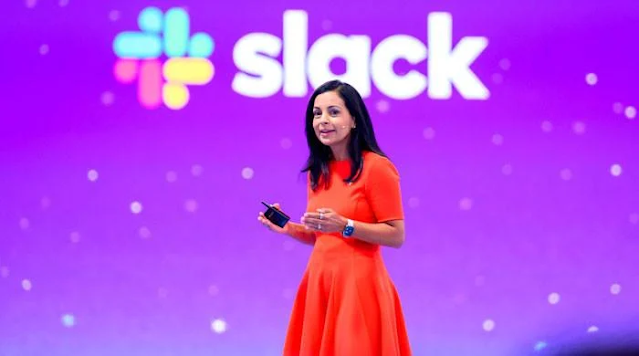EU Initiates Disinformation Investigation into Meta and TikTok Over Israel-Hamas War
The Israel-Hamas conflict, a long-standing and complex issue, has not only been fought on the ground but has also spilled over into the virtual world. Social media platforms have become battlegrounds for information, misinformation, and disinformation. The European Union (EU) has now turned its focus towards two major platforms, Meta (formerly Facebook) and TikTok, initiating an investigation into their roles in disseminating disinformation during the conflict. This move follows a similar probe into Elon Musk's social media platform, X (formerly Twitter), last week.
The Israel-Hamas Conflict: A Digital Front:
The Israel-Hamas conflict has a significant online presence. Social media has played a pivotal role in shaping global perceptions of the conflict. It has also served as a platform for both sides to garner support, share information, and, unfortunately, spread disinformation.
During the recent bout of violence in the region, various social media platforms were flooded with posts, images, and videos, often making it challenging to discern between reliable information and disinformation. The EU's decision to investigate Meta and TikTok indicates growing concerns about how these platforms have handled the situation.
Meta: A Central Player in the Investigation:
Meta, one of the world's largest tech companies and the parent company of Facebook, Instagram, and WhatsApp, has been a central player in the investigation. The EU has raised concerns about the role of Meta in disseminating disinformation, as the platform is used globally for information-sharing and communication. This investigation is not the first time that Meta has faced scrutiny over its handling of disinformation. It has previously been criticized for its impact on elections, public health, and various international conflicts.
The EU investigation aims to assess whether Meta's algorithms and content moderation mechanisms were effective in preventing the spread of disinformation during the Israel-Hamas conflict. It will also look into whether the platform took appropriate measures to combat hate speech, incitement to violence, and the glorification of violence during the conflict.
TikTok's Role Under Scrutiny:
TikTok, a popular short-video platform, has also come under the EU's microscope. While not as extensive as Meta's reach, TikTok's influence among younger users and its rapid growth have made it a vital platform for disseminating information and, at times, disinformation.
The EU's investigation into TikTok will assess how the platform handled content related to the Israel-Hamas conflict. TikTok's unique format, consisting of short videos, has led to concerns about the ease of spreading propaganda and potentially misleading information.
A Common Theme: Disinformation Control:
The EU's decision to investigate Meta and TikTok is part of a broader effort to tackle the issue of disinformation on social media platforms. Disinformation can have far-reaching consequences, not only affecting public perceptions but also contributing to real-world conflict and violence.
The investigation into Elon Musk's social media platform, X, underscores the EU's commitment to addressing this issue across different platforms. X, formerly known as Twitter, has also faced criticism for its handling of disinformation, especially during sensitive global events.
The EU's investigations into Meta and TikTok are significant steps in addressing the role of social media platforms in disseminating disinformation during the Israel-Hamas conflict. The findings of these investigations may lead to increased regulation and scrutiny of tech companies, encouraging them to take a more active role in preventing the spread of disinformation on their platforms. In an age where social media plays an influential role in shaping public opinion and global events, such investigations are crucial for promoting responsible online behavior and information dissemination.



Comments
Post a Comment